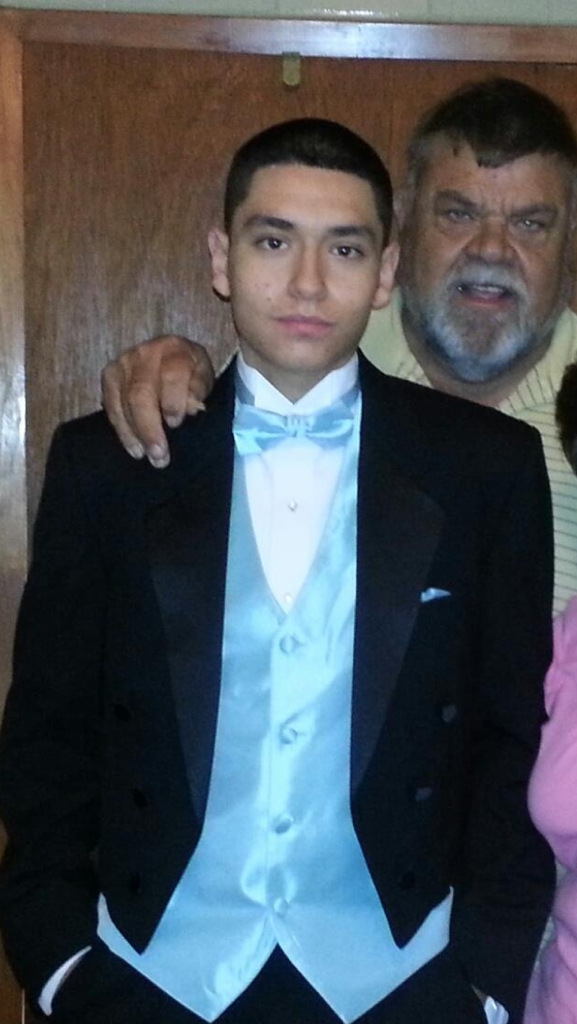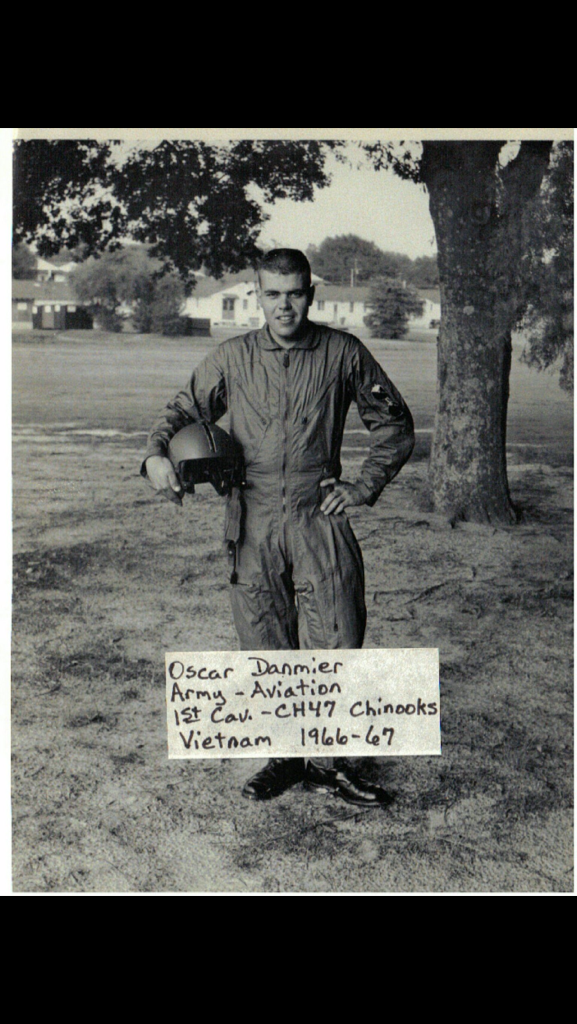TRANSCRIPTION
How was life before the military?
Life was pretty simple. I was just going to school regularly and worked in the summer in the watermelon fields in Hebbronville, Texas to buy clothes for school.
How did your family feel about you having to go to war?
They really didn't want me to go but I got drafted so they didn't have a choice but to let me. They got sick over it. Mom and Dad would both have to go to the doctor to get shots to calm them down because they would get real nervous.
What was your initial reaction when you learned that you were being drafted?
I was working to be able to afford college, but I didn't get to go because after 5 months of working I got my draft notice. I knew they were going to draft me because I wasn't in college so they drafted those people right away. I was ready
Did you take any items from home with you?
I didn't take anything other than my prayer book.
Where did you do basic training at?
I did my basic training at Fort Polk, Louisiana.
What do you remember about your first day of basic training?
There was no sleep. Seven busloads of us went from Alice, Texas to San Antonio and we went through medical exams all day from early in the morning to midnight. After midnight we took a plane to Fort Polk, Louisiana and there we got our clothes and uniforms. We set up our beddings in our barracks and we finally got to eat.
What did you understand about the war before you left to Vietnam?
What I understood was that they were killing a lot of soldiers and I was always asking god to help me make it through.
How was the trip to Vietnam?
We left on November 6th 1966 at 10pm from bus trip. We went to Warner Robins Air Force Base in Georgia. From there we flew to California on a c-130 aircraft. From California we flew to Hawaii, From Hawaii to Guam, and from Guam to the Philippines. From Guam to the Philippines an engine went out on our c-130 and we had a twelve hour delay. After they got the new engine put in we went from the Philippines to Vietnam.
Where was the first place you found yourself at in Vietnam?
We flew into Nha Trang, South Vietnam
What were your duties in the military?
I was a crew chief on a CH47 Chinook. We flew missions from hauling artillery and supplies. We also ran medevac missions and picked up KIAs.
Did you ever encounter any friendly Vietnamese people?
Yes, we had Vietnamese people that worked with us at the base. They would clean our barracks, wash our clothes and do other chores. They were South Vietnamese but it was still scary because they all looked the same. You couldn't tell the difference between a Vietcong and a normal Vietnamese person.
Is there one particular memory that sticks out in your mind?
Yes, we were on a medevac mission on top of a mountain after midnight, we landed and you could tell there was a big battle. We started picking up wounded soldiers and KIAs. After we finished loading up I started closing the back ramp on the aircraft. We were already lifting up and I saw an arm come out from the side of where the ramp was. I yelled to the pilot and told him to set the aircraft back down. I got off and the soldier was lying on the ground, he had gotten his arm blown off in battle and he was holding it in his other hand. He was crying and he told me "please don't let me die". His face and arms were completely covered with leaches. I've had flashbacks from that all of my life.
What memories do you have of your first moments back in the United States?
We landed in Fort Louis, Washington and we got processed out. After that me and six other guys from my crew called a taxi to pick us up outside of the base so that we could go to the airport. Outside of the base entrance Jane Fonda and her demonstrators started spitting on us and calling us killers. That was the thanks that we got for being at war.


